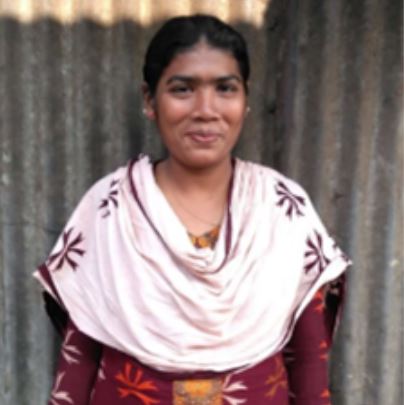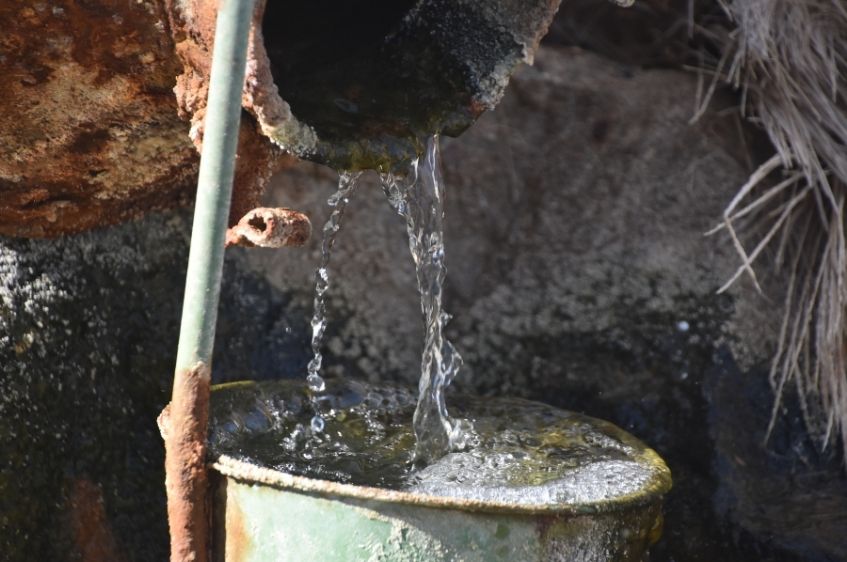This project receives support from the Australian Government through the Australian NGO Cooperation Program (ANCP) and is in partnership with our implementing partner Habitat for Humanity Bangladesh who has been working to improve the waste management and hygiene situation in Bangladeshi slums.
Hafeja (25), housewife, and her husband, Md. Romis (38), day labourer, live together with their two children, daughter Ruma Akter (6) and son Osman Goni (2) in Shohidbug slum, Mirpur, Dhaka.

According to Hafeja, the Shohidbug slum suffers from not only inadequate water, sanitation, and hygiene issues, but also a lack of waste management facilities. Together with the paucity of personal hygiene knowledge, impoverished slum residents often suffer from different communicable diseases resulting from the unsanitary environment.
To combat these pervasive issues, Habitat Bangladesh commenced work in Shoidbug slum through the Building Resilience in Slum Settlements in Dhaka, Bangladesh.
The project has brought about many positive benefits for the Shoidbug slum: to alleviate the lack of proper waste management infrastructure, Habitat Bangladesh helped the Shoidbug community construct a walkway with a shared toilet and drain. The Habitat team also held various training sessions to supplement these new facilities, including seminars on the new waste management systems and on how to best maintain personal health and hygiene.
Hafeja was one of the individuals who participated in both training sessions: “…I used to throw the household waste in an open place outside of our house. Even I did not clean my hands with soap after using the toilet and before taking a meal. Sometimes, I did not cover the food in the kitchen. Diarrhoea is a common phenomenon in our family. I also found most of the slum people used to do the same as me. But after receiving the training from Habitat for Humanity Bangladesh, I now realize the importance of practising personal hygiene. I can also correlate between hygiene practice and communicable diseases.”
Overall, the work done by Habitat Bangladesh has left a positive impact on Hafeja: “I am very grateful to the entire team of this project. I have discovered myself in a whole new way through the involvement in the training sessions and learned a lot regarding waste management and health and hygiene. Training learnings will help me in every step of my life.”
Every donation made to Habitat for Humanity Australia for this project is combined with funding from the Australian Government to reach more people. Since we have committed to contribute at least $1 for every $5 we receive from the Australian government, ANSA home’s support allows us to extend our programs and impact the lives of more people.
This project is in partnership with:




